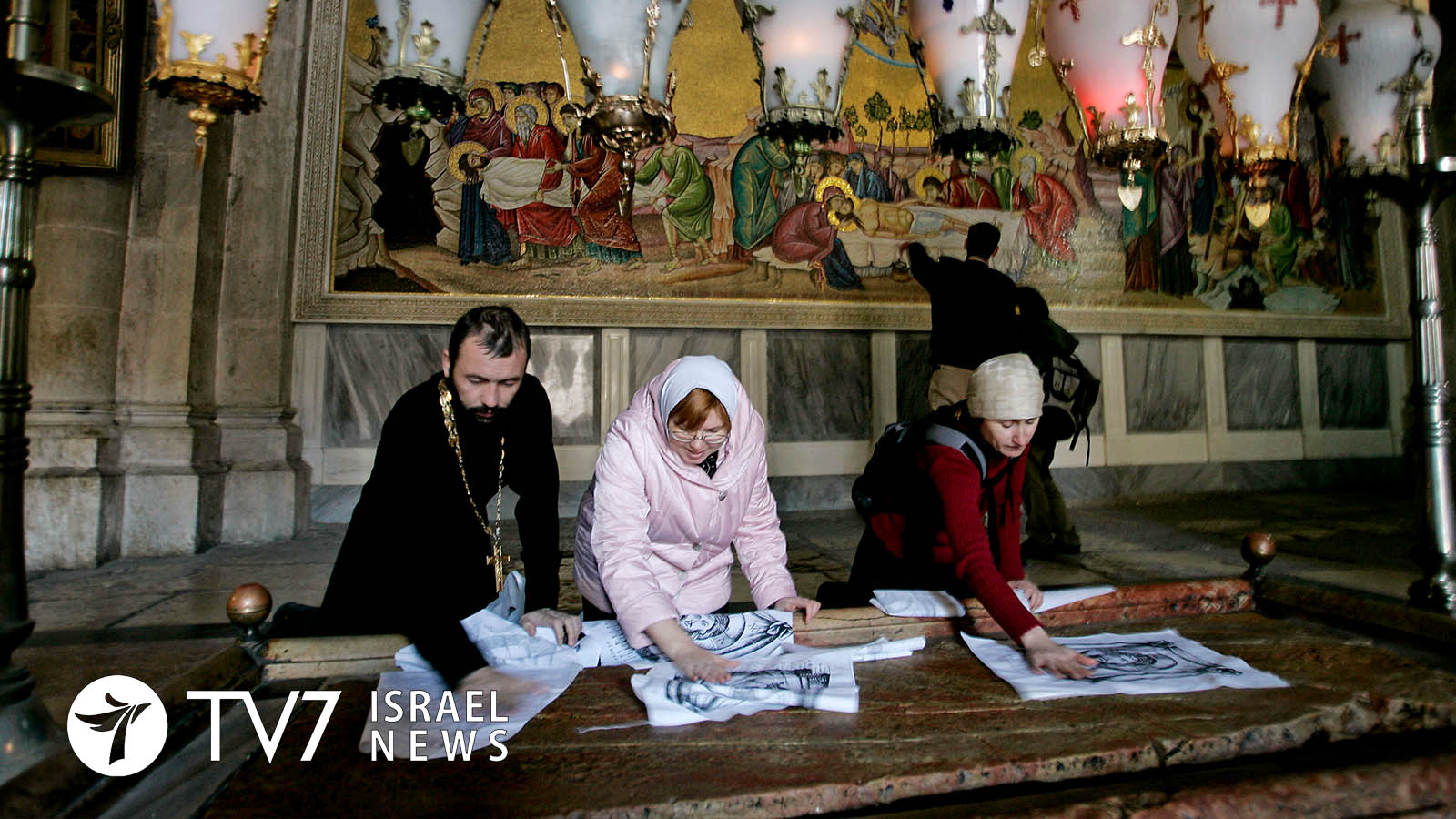Three days after the Church of the Holy Sepulchre in Jerusalem was shut by church leaders in protest of new tax measures against Christian owned lands, Prime Minister Benjamin Netanyahu and Jerusalem Mayor Nir Barkat sought to alleviate the situation and decided to create a professional team to find a solution for the dispute over tax collection on lands owned by churches that are not active houses of worship. Netanyahu and Barkat agreed to appoint Minister for Regional Cooperation Tzachi Hanegbi to head the team, along with representatives from the Finance, Foreign Affairs and Interior Ministries, as well as municipality personnel. The Israeli team is set to negotiate with church representatives in an attempt to regulate payments. The Prime Minister’s office released a statement in which it announced that “As a result, the Jerusalem municipality is suspending the collection actions it has taken in recent weeks,” until a final decision is reached. In addition to suspending tax collection, Netanyahu’s office said that proposed legislation governing the sale of church lands in Jerusalem was also being suspended. In light of the decision by the prime minister and Jerusalem mayor, Church leaders announced the reopening of the Church of the Holy Sepulchre. ; “We closed the Church of Holy Sepulcher on Sunday after an order of the heads of churches and today, we are opening the Church of Holy Sepulcher with an order from the heads of churches,” Custodian of the Church of the Holy Sepulcher Adeeb Jodeh said.
The crisis began as part of a struggle between the Jerusalem municipality and the Finance Ministry over the city’s budget, prompting the municipality to announce that it had started collecting ‘property tax debts’ of more than 650 million shekels from some 887 properties across the city, which belong to churches and United Nations institutions. The measures led to an outcry by church leaders who said on Sunday that, “These actions breach existing agreements and international obligations which guarantee the rights and the privileges of Churches, in what seems as an attempt to weaken the Christian presence in Jerusalem.” Municipality officials rejected these allegations, reiterating that the properties in question did not include houses of worship, which are exempt from paying property taxes by law, but rather properties used for non-prayer activities, including dealings of a commercial nature.
